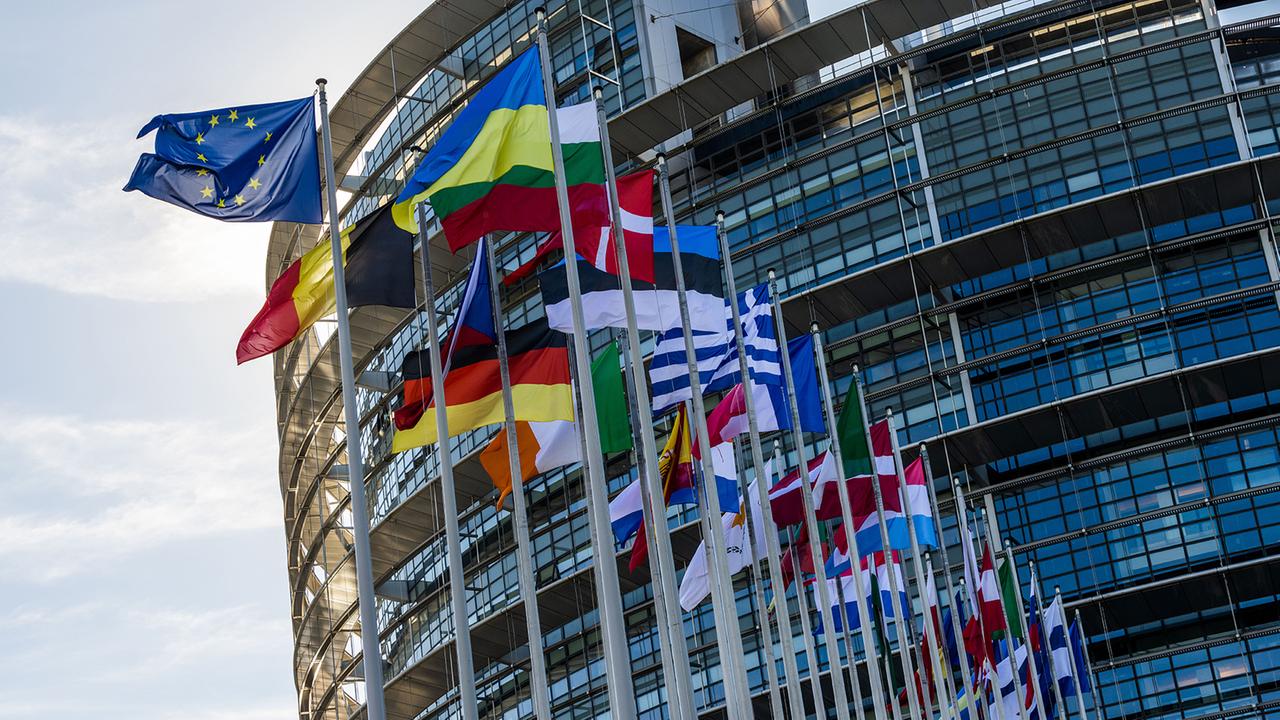Ukraine and Moldova have been waiting for this since the beginning of the Russian invasion: the EU is starting accession talks today. To do this, Ukraine had to adopt many reforms – and still has a lot of work ahead of it.
It is the first time in the long history of EU expansion that accession talks are being held with a country in the middle of a war. Initially, some heads of state and government found this impossible and completely unimaginable, with French President Emmanuel Macron at the forefront: he had the greatest reservations. But doubts also came from The Hague and other capitals – and concerns that the Union's strict accession rules would be watered down for a kind of war bonus in favor of Ukraine.
In record time to Candidate countries
One person who was not put off by this was Ursula von der Leyen. A few days after the Russian invasion, she declared that Ukraine belonged to the “European family”. She then pursued rapprochement step by step. In record time, Ukraine was named a candidate for accession together with the Republic of Moldova.
Each reform step was met with special praise from the Commission President. “I would like to tell you how impressed we are,” she told the members of the Ukrainian parliament in Kiev. One should not forget that Ukraine had adopted “far-reaching reforms” in its existential struggle for survival.
Several reforms – only on paper?
In fact, the Kyiv parliament passed one reform law after another: against corruption and money laundering, against the power of the oligarchs and for the protection of minorities in the country.
Is that just on paper or does the Commission also monitor implementation? When asked this question, a spokeswoman for the von der Leyen Commission explained somewhat ambiguously at the beginning of June that the implementation of the reform laws was of course important. “The Commission will monitor implementation as part of the regular enlargement reports.”
This was directed towards the future and could be interpreted as meaning that, at least from the outside, it was hardly possible to monitor what effect Brussels' rule of law regulations could already have on the everyday life of war.
100,000 pages of work
The topic will most likely also shape the accession negotiations that are now underway. The framework for this is being laid down today in Luxembourg – a kind of roadmap, first for Ukraine, then for the Republic of Moldova. The aim is to gradually incorporate European law into the national law of both countries, divided into 35 chapters.
This is a mammoth task. Experts estimate that the acquis – the technical term for the EU's legal acts and regulations – is around 100,000 pages long. This is of course only an approximate value, and the volume is naturally constantly growing.
In terms of content, the legal texts range from democratic pillars such as freedom of expression and the protection of minorities to practical everyday issues such as food safety and consumer law. Most new members have needed many years to make this effort, and it is not uncommon for more than a decade to pass between the application and acceptance.
No EU accession before the end of the war
When Ukraine will become an EU member will probably also depend on the course of the war. Even if it happens very quickly – in Kiev they are talking about a few years – Brussels considers it impossible for it to be accepted before the end of the war. The EU would then become a party to the war.
There is one more problem that needs to be solved before the country can be accepted, a problem that only the Europeans themselves can overcome through reforms. It is the finances. If the current rules for the redistribution of funding were to remain in place, then according to calculations by the German Economic Institute (IW), Ukraine would be entitled to up to 17 percent of the budget.
One reason for this is the current system of agricultural subsidies for large areas of arable land – Ukraine has more of these than any other EU member state. Brussels also considers it certain that the current recipient countries are unlikely to go along with such a redistribution towards Ukraine. And the discussion about the distribution of the pieces of the pie – will there be more smaller pieces or will the pie be bigger – has not even begun.
Helga Schmidt, ARD Brussels, tagesschau, 24.06.2024 23:00





